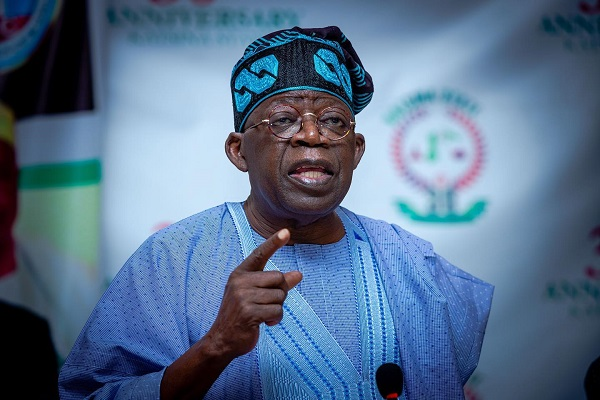 The Presidency has clarified that the proposed tax reform bill before the National Assembly is not aimed at disadvantaging Nigeria’s 19 northern states, addressing concerns raised by northern governors over amendments in the distribution of Value Added Tax (VAT) revenue. Northern governors had previously rejected the bill, particularly its recommendation for a derivation-based VAT sharing model.
The Presidency has clarified that the proposed tax reform bill before the National Assembly is not aimed at disadvantaging Nigeria’s 19 northern states, addressing concerns raised by northern governors over amendments in the distribution of Value Added Tax (VAT) revenue. Northern governors had previously rejected the bill, particularly its recommendation for a derivation-based VAT sharing model.
In a statement on Thursday, Presidential spokesperson Bayo Onanuga explained that the tax reform proposal is intended to establish a fairer, more streamlined tax system benefiting all states across Nigeria. He said the bill emerged after extensive review of the country’s tax laws and is designed to make Nigeria’s economy more competitive by reducing multiple taxation and simplifying obligations for businesses and individuals.
“President Tinubu and the Federal Executive Council recently endorsed new policy initiatives aimed at streamlining Nigeria’s tax administration processes, enhancing efficiency, and eliminating redundancies across the nation’s tax operations,” the statement read.
The bill, which comprises four executive bills, seeks to modernize Nigeria’s tax landscape:
- Nigeria Tax Bill – Aims to reduce multiple taxation and enhance economic competitiveness.
- Nigeria Tax Administration Bill (NTAB) – Proposes harmonizing tax processes across federal, state, and local levels.
- Nigeria Revenue Service (Establishment) Bill – Seeks to rename FIRS to better reflect its federal mandate.
- Joint Revenue Board Establishment Bill – Plans to replace the Joint Tax Board with a more comprehensive Joint Revenue Board.
Onanuga emphasized that the reforms address perceived inequities in VAT distribution, providing a fairer, derivation-based approach. He noted that the reforms are critical for enhancing the lives of Nigerians and are not intended to undermine any region. He also acknowledged the northern governors and traditional rulers for their support in other national efforts, particularly on security issues.

NOC Meets Deadline For 2030 Commonwealth Games Expression Of Interest
INEC Rejects Petition To Recall Senator Natasha Akpoti-Uduaghan
President Tinubu Set To Depart For Two-Week Working Visit To Paris
Tinubu Reconstitutes NNPC Board, Appoints New Leadership